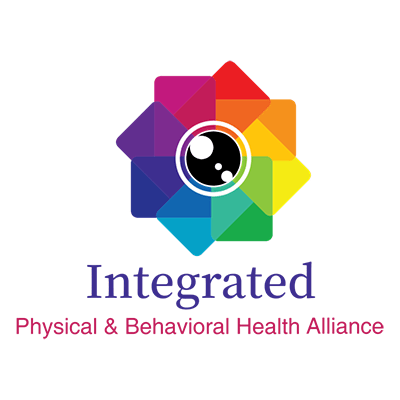DBH Student Work Spotlight: Best Practices for Vulnerable Populations in Women’s Health Settings
Introduction by Dr. Cara English, DBH, CEO & Director of Academic Programs at Cummings Graduate Institute for Behavioral Health Studies
October 27, 2022
In the Summer 2022 term, the Doctor of Behavioral Health (DBH) program at Cummings Graduate Institute for Behavioral Health Studies (CGI) offered a new Women’s Health elective which focused on the integrated health care needs of adolescent and adult women, transfeminine, transmasculine, and nonbinary folks seeking care in traditional or non-traditional women’s health clinical settings.
The field traditionally known as women’s health serves many folks across the gender/sex spectrum, and in this course, students were encouraged to explore the diverse needs of the population. We looked at the intersectionality of minor and acute health problems, mental health and social determinants of health, trauma histories, and other influences that affect women’s lives such as legislation related only to women’s bodies, health policies, and government funding supporting women caring for children or adult family members.
As this course sits within my specialty focus as a DBH, I wanted to encourage students to expand their knowledge about healthcare best practices for a vulnerable population; one that commonly experiences dismissal of symptoms such as pain and intuitively shared concerns when something doesn’t feel right. For a final project in this course, students were given a “choose your own adventure” type of assignment to demonstrate the ability to consult with interprofessional medical teams in women’s health settings, and to prove that they are up to the task of designing and delivering quality care to this population. What follows are the outstanding literature reviews and patient/provider education projects students completed. I’m so proud of the work of this class, and certainly look forward to the next time we offer this elective!
 Buprenorphine-Naloxone versus Buprenorphine in Pregnancy
Buprenorphine-Naloxone versus Buprenorphine in Pregnancy
By: Jeanmarie Roberts

Complementary Alternative Medicine (CAM) and Delivery Pain
By: Selena Schmidt

By: Sara A. Schuch

By: Rebecca K. Wright

Integrated Perinatal Care in Carceral Settings With Trauma-Informed Doulas: A Literature Review
By: Vivian Marana-Manchess

By: Jennifer Wims-Madden

By: Valeria Parejo

Trauma and an Autism Diagnosis
By: Leslie A. Earl

Women’s Health Literature Review
By: Amy McConnell
About DBH 9021: Women’s Health
The Women’s Health course elective focuses on the integrated healthcare needs of women from adolescence through older adulthood. Program content examines the comprehensive bio/psycho/social/spiritual/ cultural needs of women, including care quality improvements needed in reproductive, gynecological, prenatal, postpartum settings, common minor and acute health problems, as well as influences that affect women’s lives. Emphasis on Integrated Behavioral Health Interventions used in health promotion, risk reduction, clinical decision making and management of Women’s health issues, perinatal care of mothers and infants, and gynecological health.
About the DBH Program
The Doctor of Behavioral Health (DBH) program prepares integrated care professionals to deliver whole-person healthcare to diverse communities and improve quality healthcare access. Students are trained as doctoral level experts in integrated behavioral health, prepared to deliver patient-centered care, work collaboratively, and employ evidence-based practices and quality improvement approaches. No residency or internship required. To learn more, visit: https://cgi.edu/dbh/






























